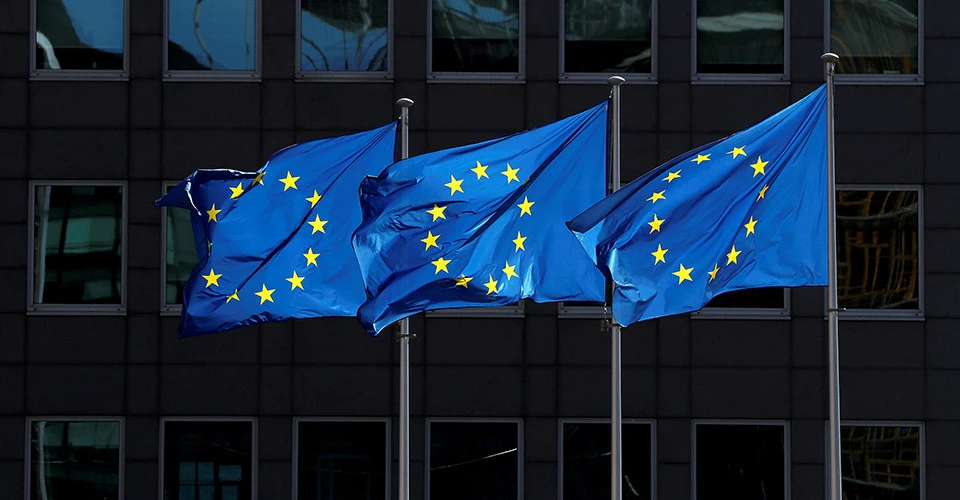
Russian assets to remain frozen until war ends, EU pledges support for Ukraine — European Council
Russian assets subject to EU sanctions should remain frozen until Russia ends the war and pays compensation to Ukraine for the damage caused
The EU summit's final conclusions are posted on the European Council's website.
“The European Council underlines the importance of living up to the commitment made at the G7 Apulia Summit to provide together with G7 partners approximately EUR 45 billion (USD 50 billion) by the end of the year to support Ukraine’s current and future military, budget and reconstruction needs,” the document says.
In this regard, the European Council invites the EU High Representative and the European Commission to cooperate with Ukraine on each of these components.
“Subject to EU law, Russia’s assets should remain immobilised until Russia ceases its war of aggression against Ukraine and compensates it for the damage caused by this war,” the EU summit resolution says.
At the same time, in full compliance with the security and defense policies of individual member states, the European Council welcomed the agreement to use the extraordinary proceeds from Russia's frozen assets and stated that it would continue to consider all legal and financial aspects of this decision.
EU leaders support Ukraine
EU leaders who met in Brussels for a meeting of the European Council condemned Russia's aggression against Ukraine in the final document. They reaffirmed their support for Ukraine's sovereignty and territorial integrity and emphasized that Russia must not win its war of aggression.
The European Council reaffirmed its strong condemnation of Russia's war against Ukraine, calling it a blatant violation of the UN Charter, and reiterated its commitment to supporting Ukraine's independence, sovereignty, and territorial integrity within its internationally recognized borders. The Council also emphasized the EU's unwavering pledge to provide political, financial, economic, humanitarian, military, and diplomatic assistance to Ukraine and its people for as long and as intensively as needed. The document stressed that Russia must not be allowed to win.
The European Council also reaffirmed its support for a comprehensive, just and lasting peace based on the principles of the UN Charter and international law, and in line with the key goals and principles of the Ukrainian Peace Formula. In particular, as a follow-up to the Peace Summit, the EU and its member states will continue intensive global engagement to build the broadest possible international support for this initiative.
On October 17, Ukrainian President Volodymyr Zelenskyy presented the Victory Plan at a European Council meeting.
- News














































